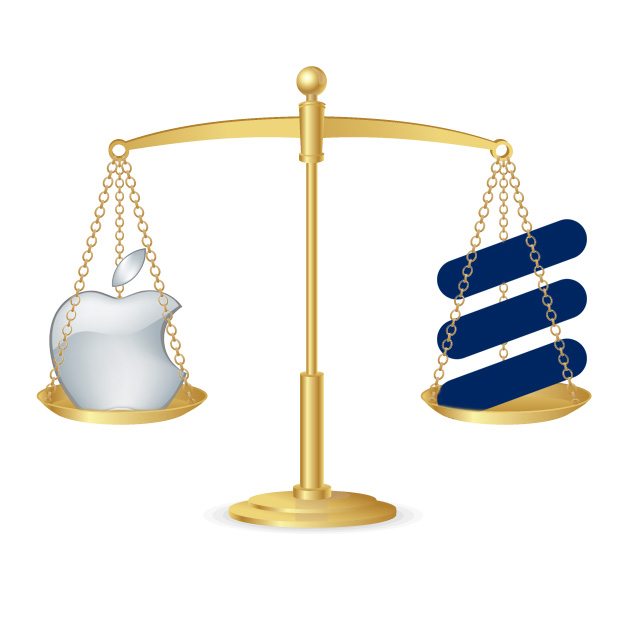Deal between Ericsson and Apple ends an international probe and lawsuits in four countries
Effectively ending an international investigation and lawsuits in four countries, Ericsson and Apple this week announced a seven-year agreement covering technology licensure.
According to Ericsson, the deal includes “a cross license that covers patents relating to both companies’ standard-essential patents (including the GSM, UMTS and LTE cellular standards) and grants certain other patent rights.” In addition, the agreement includes releases that resolve all pending patent-infringement litigation between the companies.
No financial details were disclosed, but this ends a year-long disagreement between the two tech powerhouses revolving around Apple’s use of Ericsson technology in its iPhones. The new agreement “ends” an inquiry by the U.S. International Trade Commission, as well as lawsuits in the U.S., U.K., Germany and the Netherlands.
“We are pleased with this new agreement with Apple, which clears the way for both companies to continue to focus on bringing new technology to the global market, and opens up for more joint business opportunities in the future,” said Kasim Alfalahi, chief intellectual property officer at Ericsson.
The companies also announced they will “collaborate in multiple technology areas, including the development of the next generation 5G cellular standards, the optimization of existing wireless networks for the benefit of operators and users worldwide and video traffic optimization.”
The issue was formalized in January when Apple sued Ericsson claiming the Swedish vendor was demanding excessive royalty fees related to 3G and “4G” technology developed by Ericsson and included in Apple iPhones.
“Every Apple smartphone and tablet relies on technology from Ericsson,” the Swedish company said in a statement. “During the past two years of negotiations, the two companies have not been able to reach an agreement on licensing terms for Ericsson’s patents that enable Apple’s mobile devices to connect with the world and power many of their applications.”
Ericsson countered Apple’s lawsuit by filing a complaint of its own in Texas, the site of the company’s North American headquarters. Ericsson wanted the Texas court to rule on whether its fees comply with fair, reasonable and non-discriminatory principles.
Ericsson said it offered Apple a license based on FRAND terms before Apple’s previous licensing agreement with Ericsson expired. Apple declined that offer and said it did not need to pay based on FRAND terms since the technology is not essential.
In February, Ericsson filed a complaint with the U.S. ITC requesting an exclusion order against Apple’s products for infringing on Ericsson patents it said are essential to the 2G and 4G/LTE standards. The lawsuits were extended in May to include legal action in Germany, the U.K. and the Netherlands.
In March, the ITC agreed to investigate Ericsson’s claims the iPhone maker infringed on its LTE technology patents.

